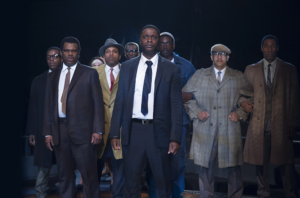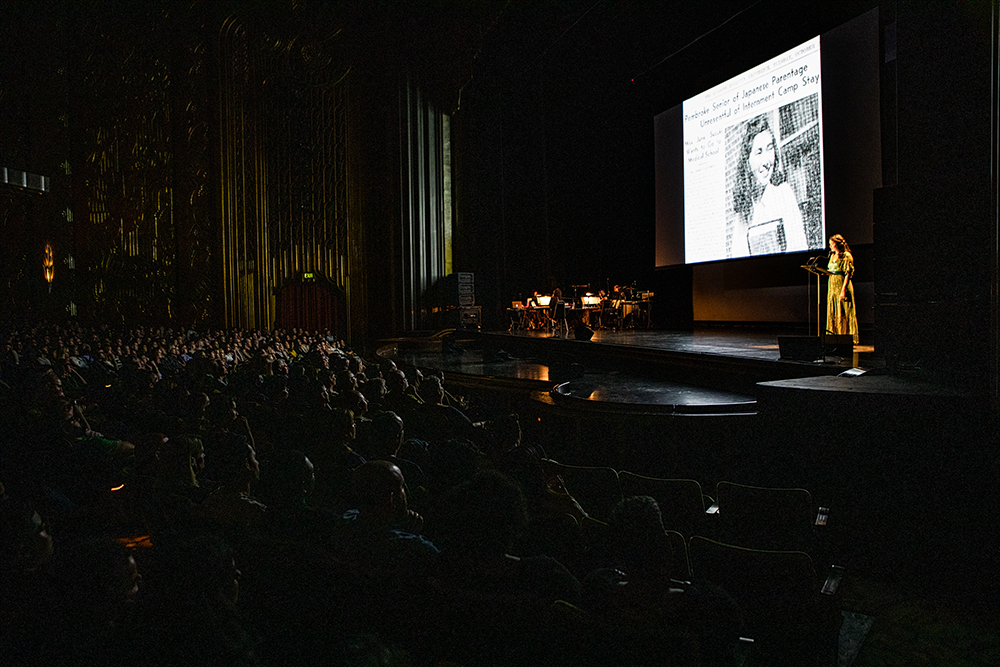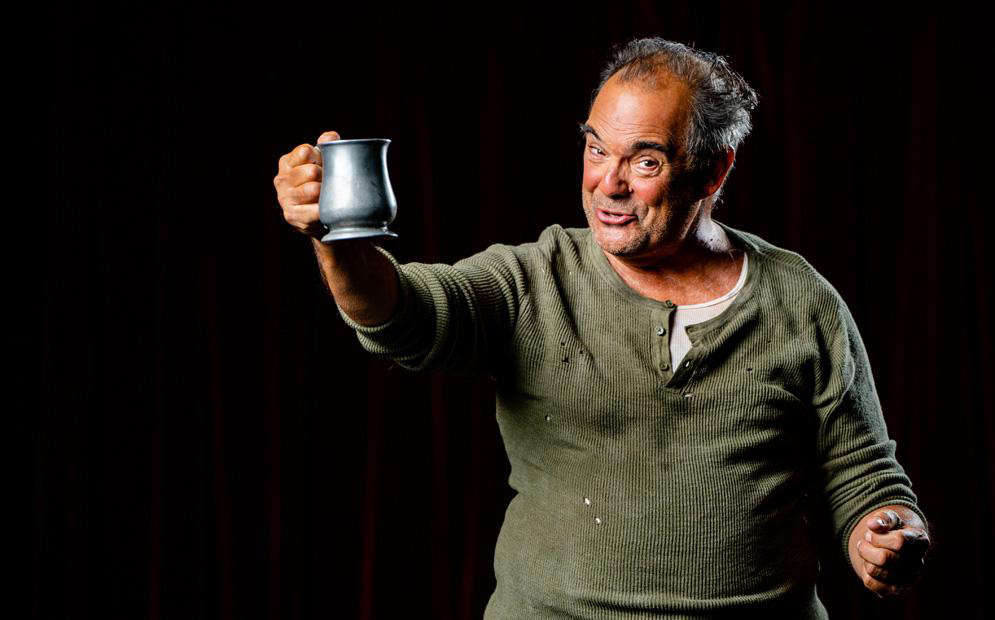
Directed by Kyle Donnelly and performed in Arena Stage’s Fichandler Stage, “The Great Society” brings to life the ambition and struggle of the 36th president of the United States.
Robert Schenkkan’s “The Great Society” play begins with President Lyndon Johnson’s 1964 landslide presidential victory. Picking up where Schenkkan’s Tony Award-winning play “All the Way” left off, Johnson seems poised to cement his place as one of the great American presidents, but the triumph of 1964 is fleeting.
While Johnson puts an emphasis on passing his Great Society domestic program, racial injustice afflicts the country at home and the Vietnam War plagues it abroad. The play covers Johnson’s final term from January 1965 to December 1968, and the audience witnesses his tenacity fade into uncertainty.
Johnson’s strong-willed personality is portrayed masterfully by Jack Willis, who played the same role in Arena Stage’s 2016 production of “All the Way.” Capturing Johnson’s southern drawl and mannerisms, Willis commands the stage in times of humor and despair, occasionally conveying Johnson’s thoughts and emotions by directly addressing the audience.
Bowman Wright also returns as Dr. Martin Luther King Jr. The relationship between Johnson and King is rocky, as King pushes hard for the Voting Rights Act while Johnson urges patience. Wright gives a powerful performance, depicting King organizing the Selma march, taking the civil rights movement north to Chicago and giving speeches against the Vietnam War.
Other storylines include Johnson’s competitive relationship with Sen. Robert Kennedy, played by John Scherer, and the odious segregationist Gov. George Wallace of Alabama, played by Cameron Folmar; and the looming presence of Vietnam as Secretary of Defense Robert McNamara, played by Tom Wiggin, who pushes for more intervention.
Fichandler Stage’s distinct four-sided seating layout enhanced the drama of the performance. However, the venue’s shape has its drawbacks; in every scene, the characters have their backs to at least one side of the audience. This setup means that one side often misses facial expressions and sometimes even the lines themselves.
Besides the odd seating arrangement, the lighting and visuals are extremely impressive. Along the upper walls of the Fichandler, projections are used to give a sense of time and place. For example, every time the Vietnam War is discussed, the date and numbers of Americans wounded and dead are projected onto the walls. This technique gives the audience a sense of the war’s devastation and how quickly the conflict spiraled out of control.
Furthermore, the play uses Walter Cronkite’s famous 1968 news report on the Vietnam War, which sealed the American public’s disapproval of the war. The use of projections and actual action onstage is seamless.
On the stage itself, the set is simple. The circular stage is covered with the presidential seal, and as the setting changes, different pieces of furniture are wheeled on and off the stage.
The most interesting elements of the set are the use of fire and blood. As riots take place across the country, the play does not shy away from showing violence and destruction. For example, as the Watts riots unfold in Los Angeles, blasts of fire arise from the ground. During one of the more harrowing scenes, Johnson struggles to find the words for letters to send to the families of deceased soldiers while, along the outside of the stage, a soldier drags a dead body, leaving a circle of blood that stays there for the rest of the play. Schenkkan makes it clear throughout the show that unrest and bloodshed increasingly intensified during Johnson’s presidency.
As the play comes to an end, the joy of Johnson’s win in 1964 is completely forgotten. Johnson shocks the country when he announces that he will not run for president again in 1968, as the gravity of the Vietnam War has become too heavy a burden to bear.
Soon King and, just a few months later, Robert Kennedy, are assassinated. With Vice President Hubert Humphrey, played by Lawrence Redmond, as the Democratic candidate, Richard Nixon, played by Cameron Folmar, is easily elected president. As Nixon assumes office, a defeated Johnson returns home to Texas.
Schenkkan portrays Johnson as a president caught between two poles: determined to enact his domestic reforms but weighed down by his foreign policy failures in Asia. For most of history, Johnson has been remembered as the president who trapped the United States in Vietnam. While Schenkkan does not make this statement explicitly, the playwright attempts to rewrite Johnson as a determined idealist committed to ending poverty and creating a society that works for everyone. It is this undertaking that makes “The Great Society” compelling.
“The Great Society” is showing from Feb. 2 to March 11, 2018 at Arena Stage. Tickets are available at tickets.arenastage.org.














